
 |
| Parents who lost their only child express their grief yesterday at Fu Shou Yuan Cemetery.(Shanghai Daily) |
More than 160 parents who lost their only child gathered at Fu Shou Yuan Cemetery in Qingpu District yesterday to fly green balloons, write cards and pray for their children ahead of the Qingming Festival.
Parents burst into tears as the balloons rose in the sky. They hugged each other, called their children's names and raised their voices toward the sky, as if talking to their children.
"To my dearest daughter, mom misses you so much," a white-haired woman wrote on her balloon. "Hey, my boy, father comes to see you. May you have a happy day in heaven," a father wrote on a card.
The bitterest time of the year for these parents can be Qingming Festival, when Chinese people visit the graves and sweep tombs in honor of ancestors and lost kin on April 4.
"We hope these parents could turn sorrow into hope through prayer," said Tang Chenjia, a social worker with Shanghai Star Harbor Center, an organization that helps parents whose children died. Tang said the parents usually turn pessimistic. Some became shut-ins or lose their health while others become neighborhood troublemakers.
Estimates probably low
In Shanghai, there are more than 7,000 families whose only child died, officials said. The actual number might be higher for a number of reasons, such as some parents declining to receive government subsidies or having had their only child die after age 16, which would exclude them from subsidies and the statistics. People who adopt a child after theirs dies also are excluded from subsidies.
"These parents need more heart-to-heart care. It might be hard for other people to understand them, so we encourage them to help each other," Tang said. The center was set up by 10 local families whose children died. In 10 years, the center has grown to serve 400 families. More than 80 percent lost their only child in an accident or due to illness. Most of the parents are in their 50s and 60s, and had only one child due to China's one-child policy, Tang said.
The center holds two big events a year to bring the parents together. It also holds smaller activities sometimes so they can make friends with each other.
"More and more parents join us after learning of the center from the press and friends. They call our hotline and we send activity information to them," Tang said.
The center now has 50 volunteers who are parents that lost their children. It is also negotiating with the government for funding to help more people.
"We want to take the initiative and send our volunteers into the communities," Tang said.
Shanghai Star Harbor Center is one of the few social organizations that helps the families.
In January, Shanghai Women's Federation asked city legislators to raise the subsidies for families whose only child died and to extend the benefit to all childless families without limiting it to those who lost children under 16.
It also called for more social organizations to help such families and asked city government to contribute.
The current payments include a one-time subsidy of 5,000 yuan (US$805) when the child dies and a monthly subsidy of 150 yuan for each parent when they reach retirement age - men at 60 years old and women at 50.
The federation suggested raising the one-time subsidy to 8,000 yuan and the monthly subsidy to 250 to 300 yuan since the cost of living in Shanghai continues to grow and the elders no longer have a child to help support them.

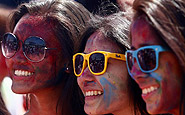
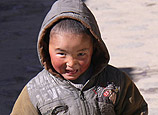
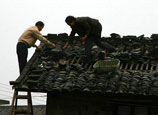
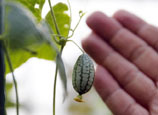
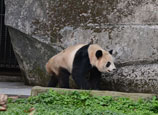
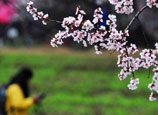









 Romantic like 'The Notebook': 91-year-old illustrator's love leaves Chinese netizens in tears
Romantic like 'The Notebook': 91-year-old illustrator's love leaves Chinese netizens in tears


![]()
